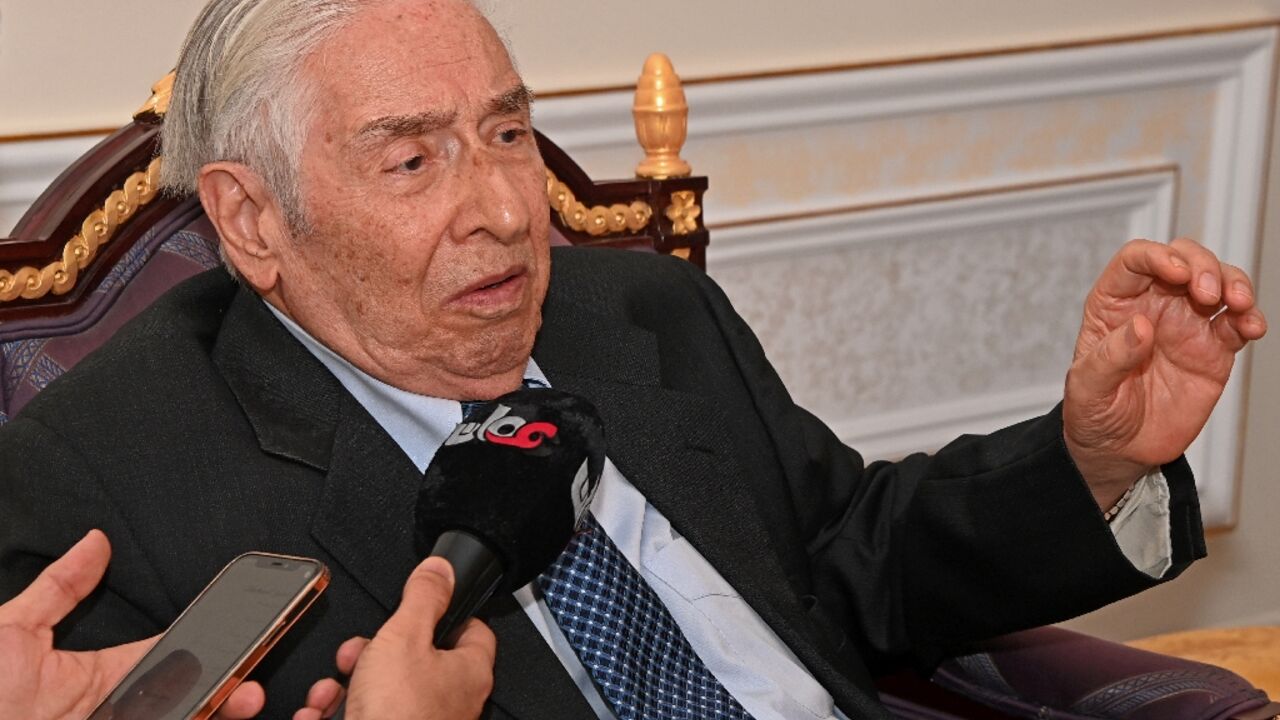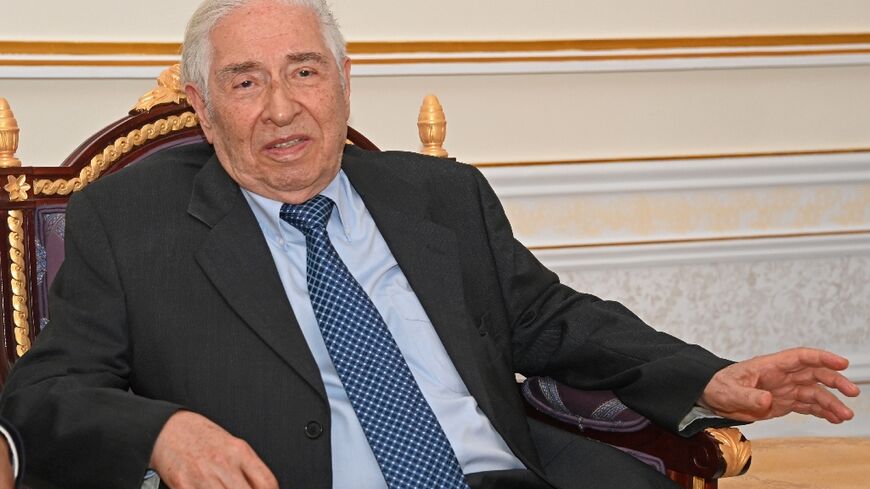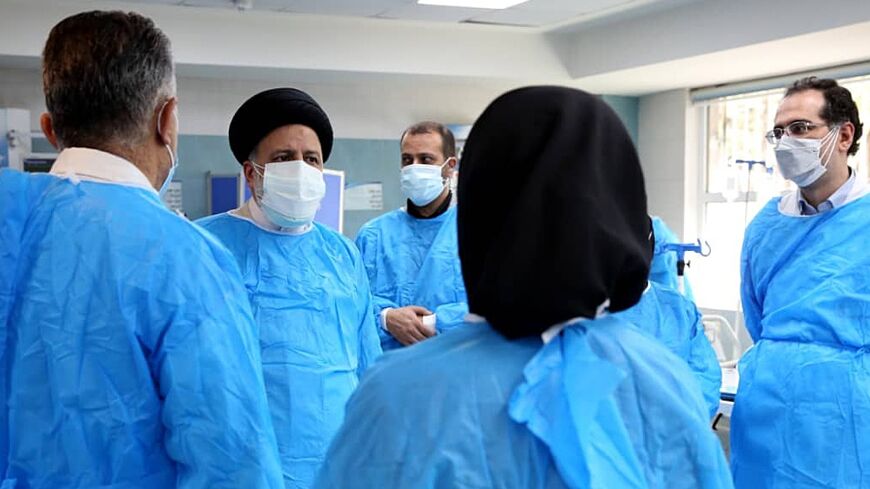US citizen sent back to Iran prison after father released

A US citizen on temporary release from prison in Iran was taken back into custody Wednesday, his family said, in what Washington called a "tremendous setback" after hopes for his permanent freedom.
Siamak Namazi, 51, was returned to Tehran's Evin prison, a day before the seventh anniversary of his detention on espionage charges which he denies.
He was temporarily released a week ago when his father, 85-year-old Baquer Namazi, was permitted to leave the country for medical care.
The younger Namazi's furlough from prison had also been extended on Saturday for three more days.
"I was genuinely hopeful for the first time that my father's departure was the beginning of a new, less painful chapter in the struggle to make our family whole again. But Siamak's return to Evin has shattered that hope," his brother Babak Namazi said in a statement.
"Iran has proven the humanitarian gesture of letting my father go remains the exception and does not represent a changed reality."
State Department spokesman Ned Price said the end of Siamek's furlough "comes as a tremendous setback."
Also pointing to two other US citizens detained in Iran, Price told reporters: "We are working to do everything we can to advance the prospects for their release and for their safe return to their families just as soon as we can."
The Namazi family says that espionage accusations are absurd and that Siamak had been questioned over past associations with US think tanks. His father, a former UNICEF official, was detained in February 2016 after flying in to help his son.
Baquer Namazi was allowed to leave for Oman and then to the United Arab Emirates where has been examined at the Cleveland Clinic over an artery blockage.
All the US citizens known to be detained in Iran are of Iranian origin. Tehran does not recognize dual nationality and has had no diplomatic relations with the United States since the aftermath of the 1979 Islamic revolution.
President Joe Biden's administration has vowed the release of US citizens amid separate, slow-moving negotiations on reviving a 2015 nuclear accord with Iran.






